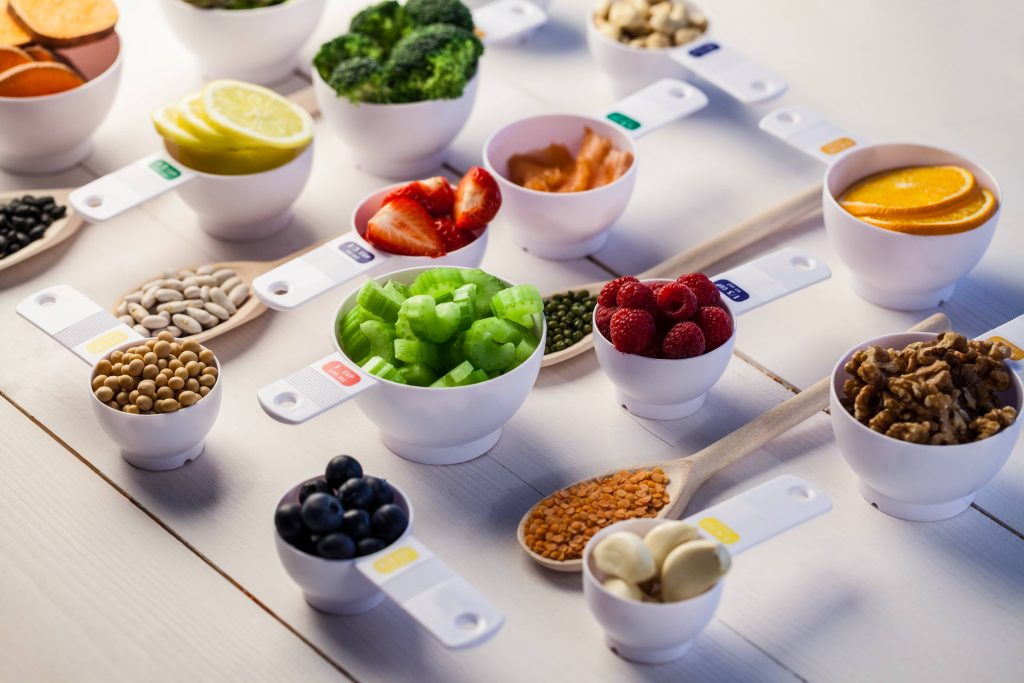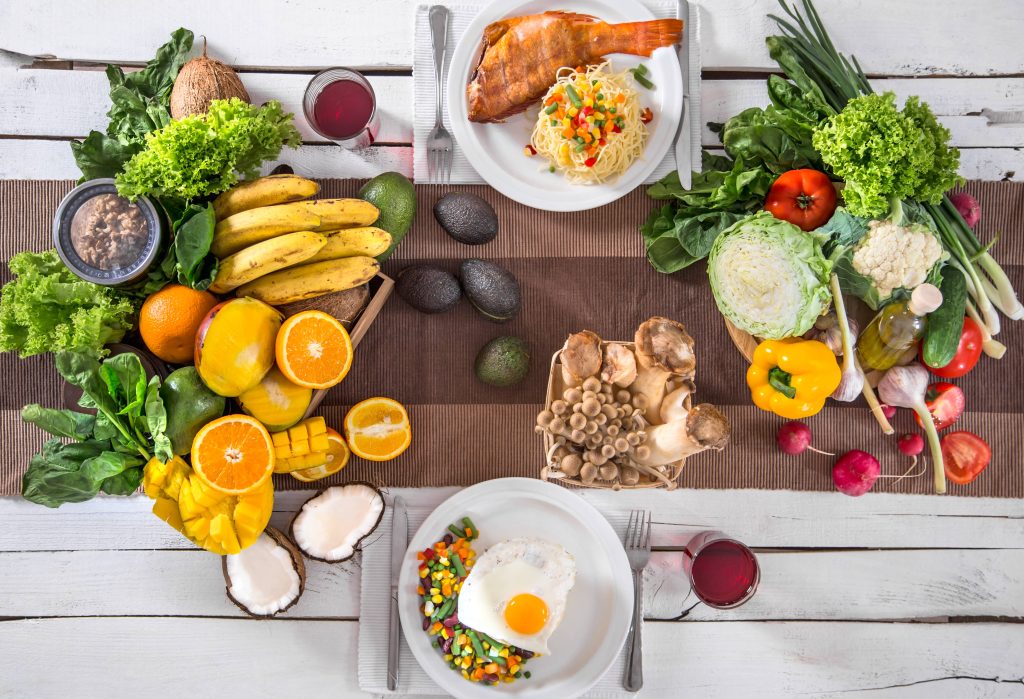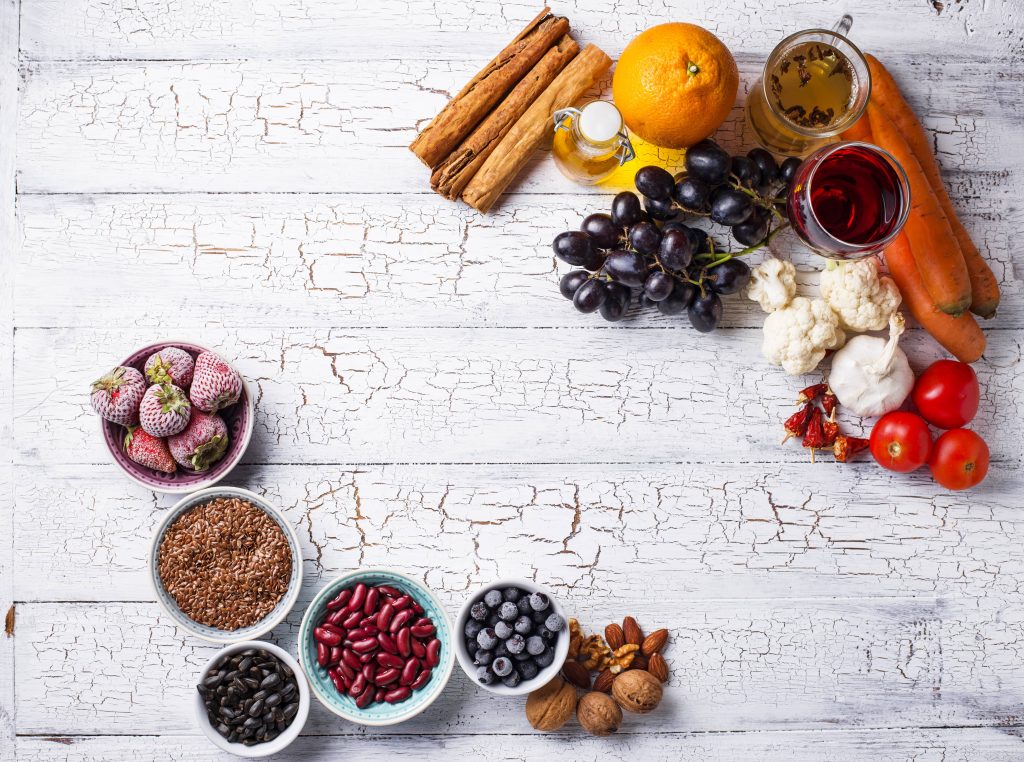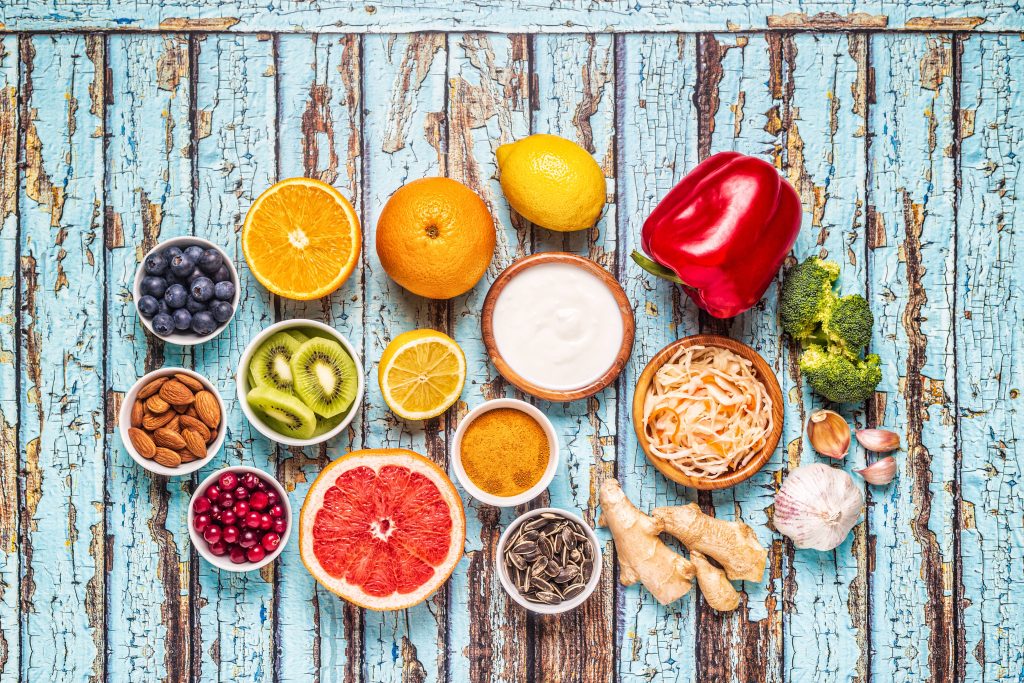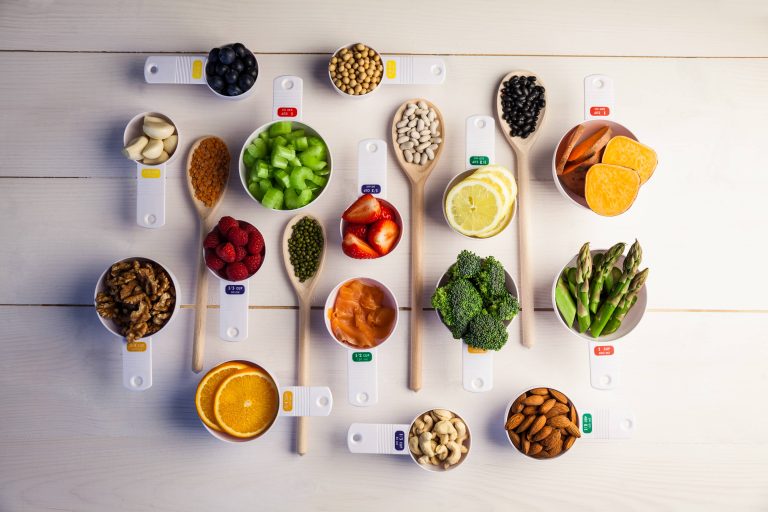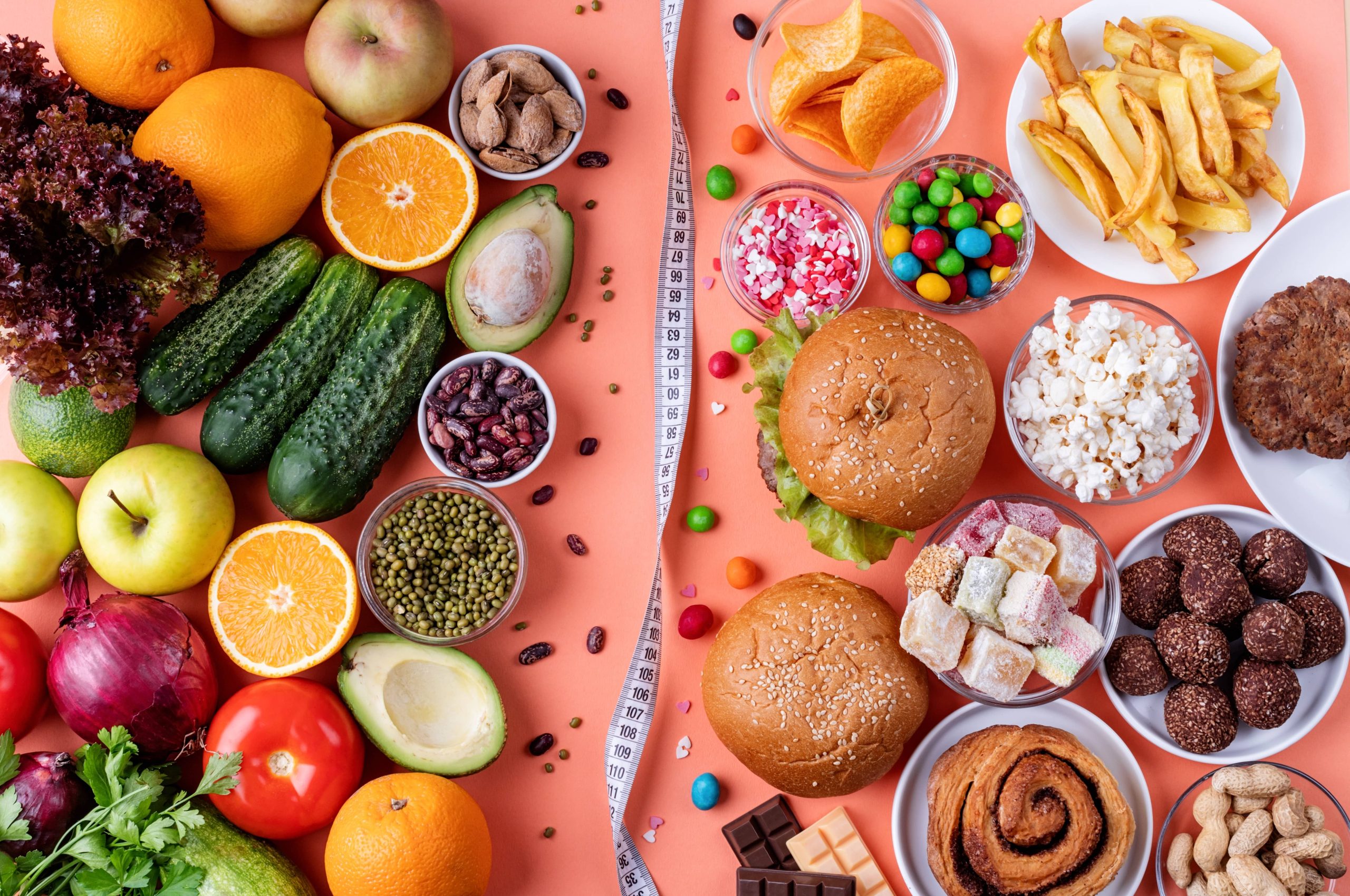
In recent years, the conversation around plant-based diets has gained significant momentum. With growing awareness of the environmental impact of meat production, health concerns, and ethical considerations, more people are exploring the benefits of plant-based eating. One of the most common questions that arise in this context is: “Can you get enough protein without meat?” The answer is a resounding yes. In this blog post, we’ll explore the power of plant-based protein and how you can thrive without meat.
Understanding Protein and Its Importance
Protein is a macronutrient that plays a crucial role in building and repairing tissues, producing enzymes and hormones, and supporting overall health. It’s made up of amino acids, which are the building blocks of our body’s cells. While animal products are often seen as the primary source of protein, plants can provide all the essential amino acids our bodies need.
The Benefits of Plant-Based Protein
1. Health Benefits: Plant-based proteins are often lower in saturated fat and cholesterol compared to animal proteins. This can lead to a reduced risk of heart disease, hypertension, and certain types of cancer. Additionally, plant-based diets are rich in fiber, vitamins, and minerals, which contribute to overall health and well-being.
2. Environmental Impact: The production of plant-based foods generally requires fewer resources and results in lower greenhouse gas emissions compared to meat production. By choosing plant-based proteins, you can reduce your carbon footprint and contribute to a more sustainable planet.
3. Ethical Considerations: For many, the decision to consume plant-based proteins is driven by ethical concerns about animal welfare. By opting for plant-based options, you can align your diet with your values.
Sources of Plant-Based Protein
There is a wide variety of plant-based protein sources available, ensuring that you can enjoy a diverse and satisfying diet. Here are some excellent options:
1. Legumes: Beans, lentils, and chickpeas are rich in protein and fiber. They are versatile and can be used in soups, stews, salads, and more.
2. Nuts and Seeds: Almonds, walnuts, chia seeds, and flaxseeds are not only high in protein but also provide healthy fats and essential nutrients.
3. Whole Grains: Quinoa, brown rice, and oats are excellent sources of protein and can be used as a base for many dishes.
4. Soy Products: Tofu, tempeh, and edamame are complete proteins, meaning they contain all nine essential amino acids. They are great meat substitutes in a variety of recipes.
5. Vegetables: While not as protein-dense as other sources, vegetables like broccoli, spinach, and Brussels sprouts contribute to your daily protein intake.
Tips for Thriving on a Plant-Based Diet
1. Plan Your Meals: Ensure you’re getting a variety of protein sources throughout the day to meet your nutritional needs. Meal planning can help you maintain a balanced diet.
2. Combine Foods: Some plant-based proteins are incomplete, meaning they lack one or more essential amino acids. By combining different protein sources, such as rice and beans, you can create a complete protein profile.
3. Experiment with Recipes: Explore new recipes and cooking techniques to keep your meals exciting and satisfying. There are countless plant-based cookbooks and online resources to inspire you.
4. Monitor Your Nutrient Intake: Pay attention to other nutrients like vitamin B12, iron, and omega-3 fatty acids, which may require supplementation or careful dietary planning on a plant-based diet.
5. Stay Informed: Keep up with the latest research and trends in plant-based nutrition to make informed choices about your diet.
Overcoming Common Myths
1. Myth: Plant-Based Diets Lack Protein: As we’ve discussed, there are plenty of plant-based protein sources available. With proper planning, you can easily meet your protein needs.
2. Myth: Plant Proteins Are Incomplete: While some plant proteins are incomplete, combining different sources can provide all essential amino acids.
3. Myth: Plant-Based Diets Are Expensive: While some specialty products can be costly, many plant-based staples like beans, lentils, and grains are affordable and accessible.
Conclusion
Embracing a plant-based diet doesn’t mean sacrificing protein or flavor. By incorporating a variety of plant-based protein sources into your meals, you can enjoy a nutritious, satisfying, and sustainable diet. Whether you’re motivated by health, environmental, or ethical reasons, thriving without meat is entirely possible. Unlock the power of plant-based protein and discover a world of delicious possibilities.

